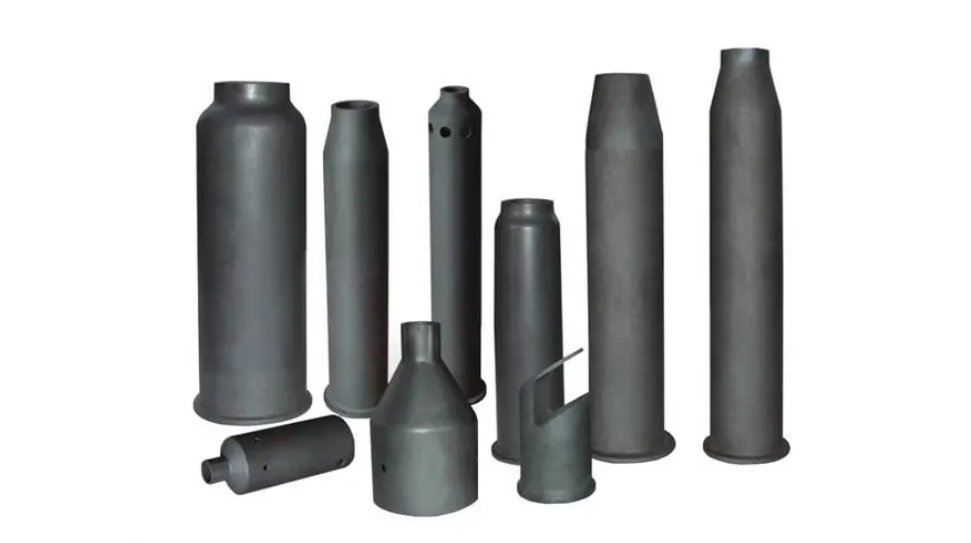Atmospheric pressure sintered silicon carbide is no longer just used as an abrasive, but more as a new material, and is widely used in high-tech products, such as ceramics made of silicon carbide materials. So what are the six advantages of atmospheric pressure sintering silicon carbide and the application of silicon carbide ceramics?
Six advantages of atmospheric pressure sintered silicon carbide materials:
1. Low density
The silicon carbide material has a lower density than metal, making the device lighter.
2. Corrosion resistance
Silicon carbide material has a high melting point, chemical inertia, thermal shock resistance, silicon carbide is used in abrasives, ceramic kilns, silicon carbide blanks, can be used in smelting and smelting industry with vertical cylinder distillation furnace, brick, aluminum electrolytic cell lining, tungsten, small furnace and other silicon carbide ceramic products.
3, high temperature, thermal expansion coefficient is reduced
Silicon carbide material is manufactured at high temperatures. In some high temperature environments, materials that require the processing strength and processing precision that silicon carbide ceramics can achieve are required. The high temperature of silicon carbide is about 800, and the temperature of steel is only 250. Rough calculation, the average thermal expansion coefficient of silicon carbide in the range of 25 ~ 1400 is 4.10-6 /C. The thermal expansion coefficient of silicon carbide is measured, and the results show that the amount is much smaller than that of other abrasives and high temperature materials. Sintered silicon carbide under atmospheric pressure
4, high thermal conductivity
The thermal conductivity of silicon carbide materials is high, which is another important feature of the physical properties of silicon carbide. The thermal conductivity of silicon carbide is much greater than that of other refractories and abrades, about 4 times that of corundum. Silicon carbide has a low coefficient of thermal expansion and high thermal conductivity, so the workpiece will be subjected to less thermal stress during heating and cooling. This is why SiC components are particularly resistant to shock.
5, high mechanical strength, good stiffness
The mechanical strength of silicon carbide material is very high, preventing material deformation. Silicon carbide has a higher mechanical strength than corundum.
6, high hardness and wear resistance
The hardness of silicon carbide materials is very high, and the hardness of Moss gap is 9.2~9.6, second only to diamond and tungsten carbide. Compared with metallic steel materials, it provides high hardness, low coefficient of friction, relatively low friction, small surface roughness and good wear resistance without lubrication. In addition, it is resistant to external substances, improving the surface tolerance. Sintered silicon carbide under atmospheric pressure
Application of atmospheric pressure sintered silicon carbide ceramics
1, silicon carbide material production of special ceramics
Silicon carbide material is a material with high hardness and low cost, which can produce silicon carbide products, such as silicon carbide seals, silicon carbide sleeves, silicon carbide bulletproof plates, silicon carbide profiles, etc., which can be applied to mechanical seals and various pumps. Sintered silicon carbide under atmospheric pressure
2, zirconia material production of special ceramics
Zirconia ceramic has high ionic conductivity, good chemical stability and structural stability, and has become a widely studied and used electrolyte material. By improving the manufacturing process of zirconia based electrolyte film, reducing the working temperature and manufacturing cost of these materials, and striving to achieve industrialization is also an important direction of future research.
Post time: Sep-02-2023

